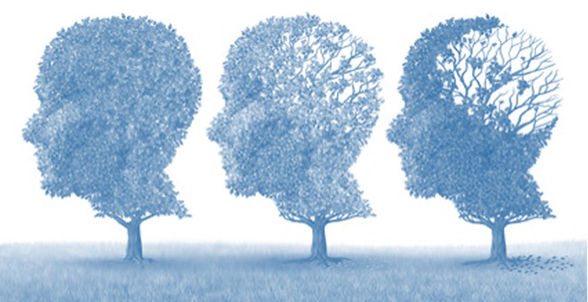
CESNE - Centro Studi per la neurodegenerazione
05.07.2022 16:00
Neurodegenerative diseases are the leading cause of disability and death in industrialized countries. Since nerve cells persist throughout the life of the individual, their degeneration is a process inevitably coupled with aging. However, this process can be anticipated by a number of environmental, genetic causes or a combination of the two. Neurodegenerative disorders encompass a group of neurological diseases in which specific categories of neurons die, leading to cognitive deficits, motor impairment or autonomic nervous system dysfunction. Around 25% of the European population is expected to be over 65 by 2030, indicating that these diseases will increasingly represent major medical and social challenges for the European population.
The main obstacle in the fight against neurodegenerative diseases is the lack of therapies capable of slowing down the process of functional impairment, morphological alterations, and ultimately the death of nerve cells. This is because, unlike other diseases such as cancer, the study of the pathological mechanisms underlying neuronal death requires the use of models that can recapitulate the disease indirectly. Only the combined analysis of as many experimental models as possible - cellular, animal and patient-derived - can therefore provide a picture that is as close as possible to the real situation. In a scenario where the aggregation of complementary expertise and competences is an essential element to face, a group of researchers and clinicians based at the University of Padua has joined forces to study the mechanisms underlying neurodegeneration, which includes diseases of the extrapyramidal system such as Parkinson, Huntington, primary Tauopathies, ataxias, dystonia where alterations in protein aggregation, dysfunctions of the mechanisms of mitochondrial energy production and neurodegeneration / inflammation often coexist.
The major objectives of CESNE are:
- To identify the genetic, biochemical and molecular mechanisms underlying neurodegeneration including the role of inflammation in the brain and in the gastrointestinal system
- To develop innovative preclinical models (including patient-derived organoids and assembloids) for the study of protein aggregation processes, the role of inflammation and the changes in mitochondrial transduction capacity energy
- To validate disease biomarkers in patients biofluids
- To define innovative therapeutic processes in collaboration with representatives of the scientific world, the pharmaceutical industry and patient associations.
- Files:





